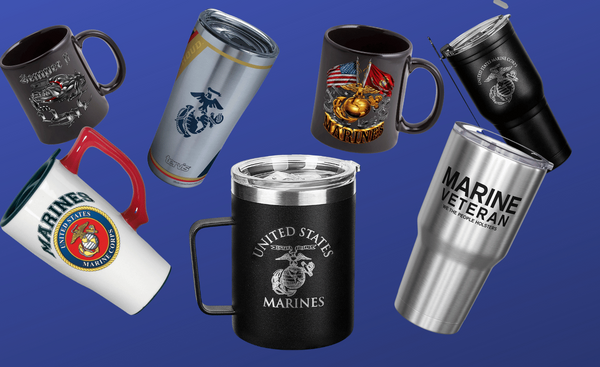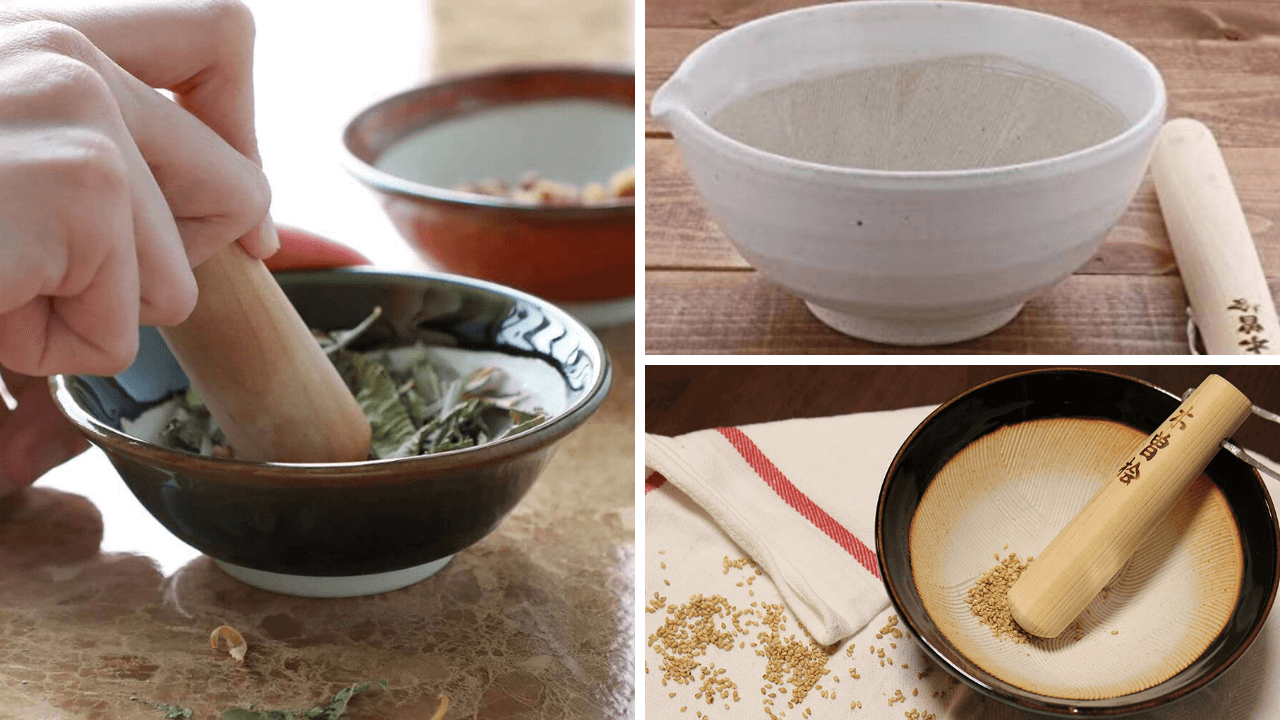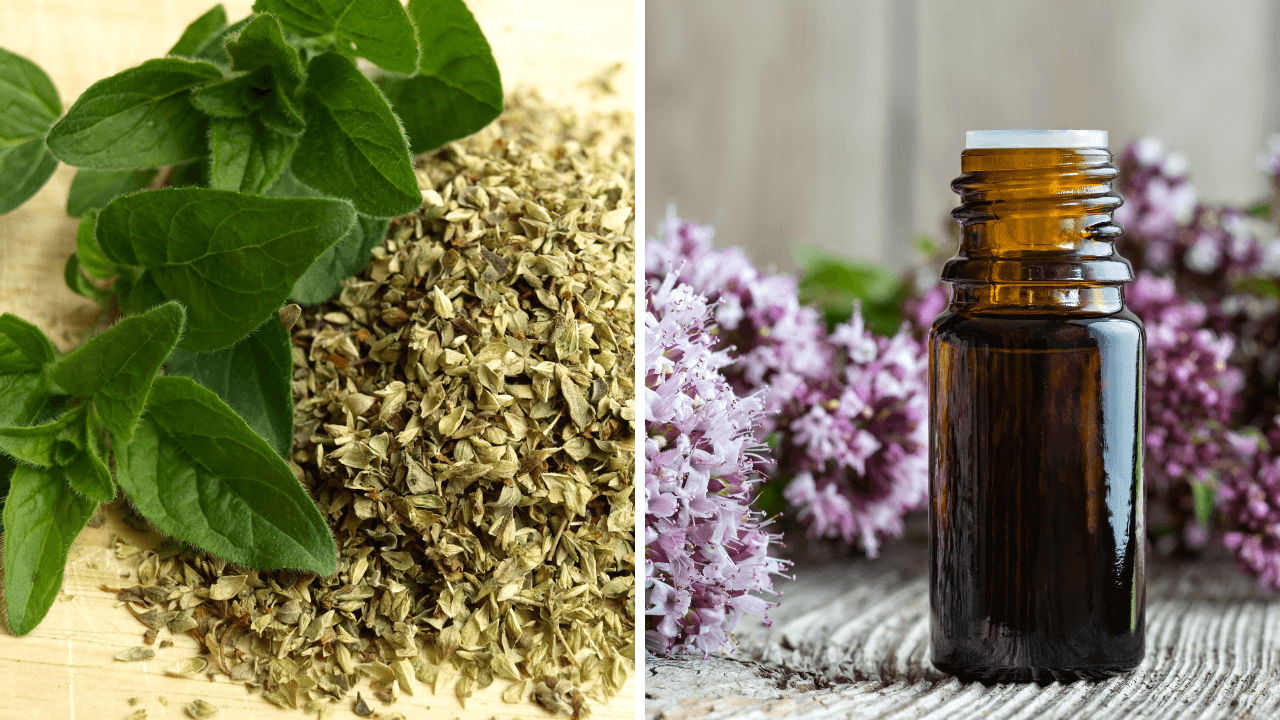When it comes to premium kitchen cutlery, Damascus steel knives are in a league of their own. Olivia here to round out previously shared information on beautiful Damascus Steel Knives!
Renowned for their unparalleled quality, mesmerizing patterns, and rich historical legacy, these knives are more than just tools—they're a statement of culinary excellence.
When it comes to premium kitchen cutlery, Damascus steel knives stand out for their exceptional quality, unique aesthetics, and historical prestige.
If you're curious about why these knives are highly regarded and whether they're the right addition to your kitchen, this comprehensive guide will provide all the answers. If you would like to explore the best Damascus Knife Sets see our article "Perfect Your Cooking Skills with the Best Damascus Kitchen Knife Set."
Table of Contents
What Makes Damascus Steel Knives Special?
1. Rich History and Unique Craftsmanship:

Damascus steel traces its origins back over 2000 years to the city of Damascus, where skilled artisans first crafted these blades.
The distinctive wavy patterns on Damascus steel are not just for show; they result from layering different types of steel and iron, then forging them together.
This intricate process produces blades that are both hard and flexible, capable of holding a razor-sharp edge.
Damascus knives are the best example of the zealous dedication behind the Japanese tradition of knife-making. With their unmistakable look, these knives embody the many centuries of practice perfectly. A legacy that ends in a single sharp blade where art meets technology. Ramon Elzinga
2. Superior Strength and Durability:
The forge-welding technique used to create Damascus steel involves hammering multiple layers of metal at high temperatures.
This process forms a blade that is exceptionally tough and resilient, making it ideal for kitchen knives that require frequent and rigorous use.
3. Aesthetic Appeal:
The characteristic patterns of Damascus steel are visually striking, making these knives a beautiful addition to any kitchen. Each blade's unique design is a testament to the craftsmanship involved in its creation.
How Are Damascus Steel Knives Made?
Forging a Damascus Chef Knife
The process of making Damascus steel knives involves several steps:
- Selecting Alloys: Typically, 2-5 types of carbon steel alloys are chosen.
- Forge Welding: These alloys are layered and hammered together at high temperatures, creating a welded bond.
- Shaping and Grinding: The forged metal is shaped into a blade, revealing the beautiful, wavy patterns.
- Heat Treatment: This step ensures the blade's hardness and flexibility.
- Final Touches: The knife is polished and sharpened to perfection.
Modern vs. Ancient Damascus Steel

Shown at left is an 18-19th century Damascus blade piece donated to us by Leo Figiel...the picture illustrates the classic pattern on genuine Damascus blades. John Verhoeven
The ancient techniques used to create Damascus steel were lost in the 1700s. Today, modern methods attempt to replicate the original process, but some knives on the market are merely etched to look like Damascus steel.
Be wary of cheap knockoffs; authentic Damascus steel knives are crafted through forge welding and display genuine layered patterns that won’t wear off over time. Check out our article "How to Identify Real vs. Fake Damascus Steel Knives."
Damascus Chef Knives vs. Santoku Knives
Chef's Knives:

In contrast to santoku knives, chef knives are characterized by their wide blade, which arches upwards to create a thicker, more substantial spine.
This structure is ideal for the rocking motion used in cutting. With their longer shape, they are the ultimate all-purpose knife and are typically the first type that comes to mind when picturing a kitchen knife.
Santoku Knives:

Santoku knives are generally smaller than standard chef knives, with sizes ranging from 5 to 7 inches or even smaller. Made from thinner and harder steel, these knives offer excellent precision and durability.
Primarily used for chopping, dicing, and mincing, santoku knives excel at creating thin slices of vegetables and meats due to their precise edge. The wide blade also makes it easy to scoop food off the cutting board, functioning efficiently as an alternative to a bench scraper.
Opting for a santoku knife can greatly improve your cooking experience. Designed for both professional chefs and home cooks, this versatile tool is perfect for everyday use.
Whether you're preparing a gourmet feast or a simple dinner, a santoku knife ensures you can achieve professional results with ease.
So, if you're looking for a versatile knife, a Damascus chef knife is an excellent choice. For specialized tasks, a Santoku knife might be more suitable. I personally prefer the more "all-purpose" chef knife. It's probably the most used knife in my kitchen!
Understanding Micarta Handles

Micarta is a durable, composite material made from layers of paper or cloth saturated with resin. Developed in the 1920s, it’s used for knife handles due to its resilience and ease of sculpting.
A Damascus blade paired with a Micarta handle offers both superior performance and ergonomic comfort.
The Importance of Knife Tang

The tang of a knife is the portion of the blade that extends into the handle. It plays a crucial role in the knife's balance, strength, and durability. There are different types of tangs:
- Full Tang: The blade extends the entire length of the handle, providing maximum strength and balance. Full tang knives are often preferred for heavy-duty tasks.
- Partial Tang: The blade extends only partway into the handle. These knives are generally lighter but may not be as strong as full tang knives.
- Rat-Tail Tang: A narrower version of the tang that runs through the handle, often used in lighter or more decorative knives.
The tang's construction affects the overall performance and longevity of the knife, making it an important factor to consider when choosing a kitchen knife.
Do Magnetic Knife Holders Damage Knives?

Magnetic knife holders are convenient but can potentially damage knives if not used correctly. Misalignment from magnets can dull the blade over time, and they might strip away some metal.
However, with proper care, magnetic holders can still be a practical storage solution.
What Does Rockwell Hardness Mean?

Rockwell hardness is a measure of a material's resistance to indentation, crucial for assessing knife quality. See our in-depth article about Rockwell hardness!
For Damascus kitchen knives, a higher Rockwell hardness indicates superior edge retention and durability, essential for precision cutting and longevity. This metric helps consumers and manufacturers ensure the knife's performance and reliability.
A well-balanced Rockwell hardness, typically between 55-62 for kitchen knives, ensures the blade is hard enough to maintain sharpness yet resilient enough to avoid brittleness.
Understanding Rockwell hardness allows buyers to make informed decisions, ensuring they invest in a knife that combines sharpness, durability, and overall quality.
Summary

Damascus steel knives are more than just kitchen tools; they are pieces of art with a rich history and unparalleled functionality.
Whether you're a professional chef or a home cook, investing in these knives can elevate your culinary experience. Remember to choose authentic Damascus blades and care for them properly to enjoy their benefits for years to come.
Speaking of care, read our article "How to Get Rust Off a Damascus Knife in 3 Easy Steps"!
For more detailed insights and top recommendations, check out our comprehensive article on the best Damascus steel knives.
Sources:
--"The History and Mystery of Damascus Steel" - Metal Supermarkets
--"Damascus Steel: Ancient Sword Making Techniques" - Science Direct
--"What is Micarta?" - Blade HQ
--"Guide to Knife Tangs" - Knife Depot
Thanks for stopping by our beehive and reading all about Damascus knives and what a great addition they are to any kitchen cutlery! This article was written by our homemaking expert Olivia! We hope you enjoyed it and learned a lot!

Bertie
Before you leave, if you haven't already done so, please subscribe so you will be the first to see reviews you can rely on.










Member discussion